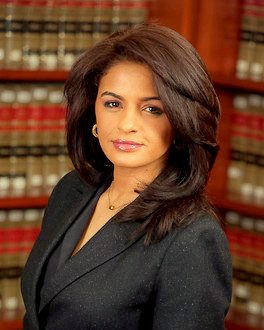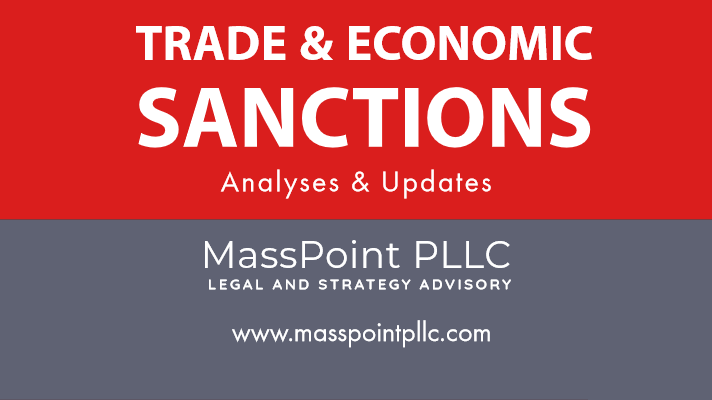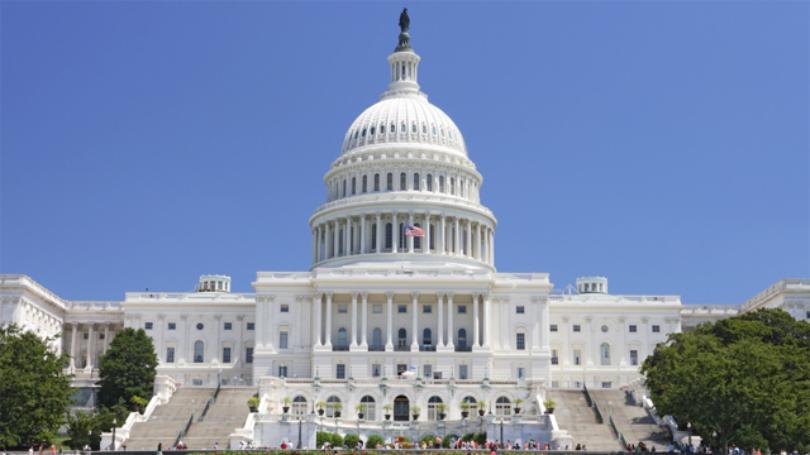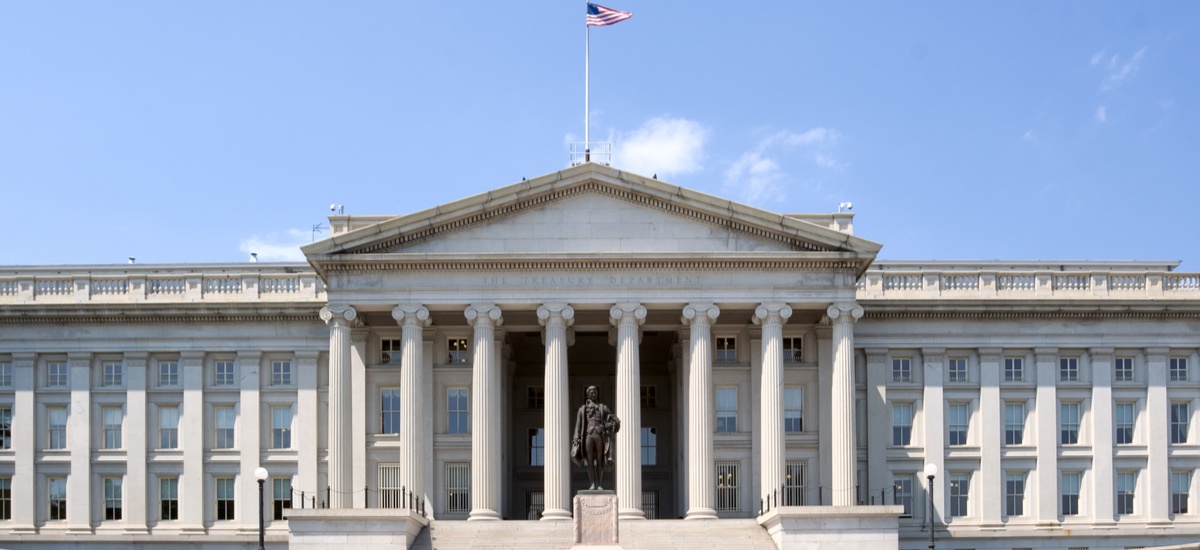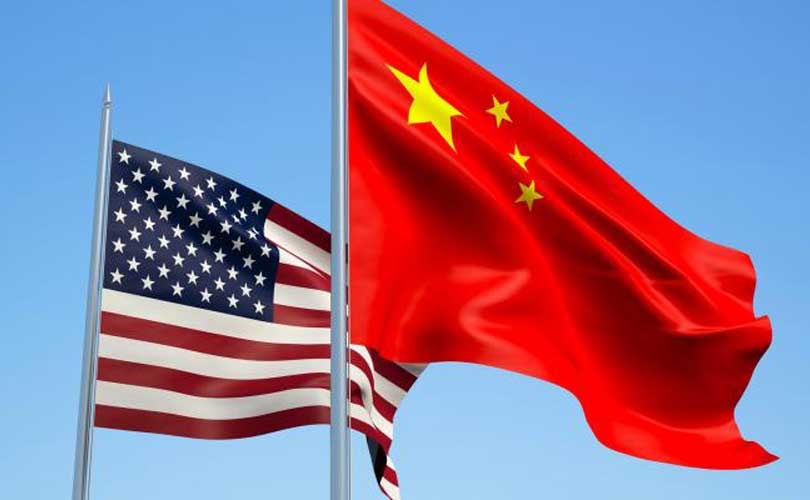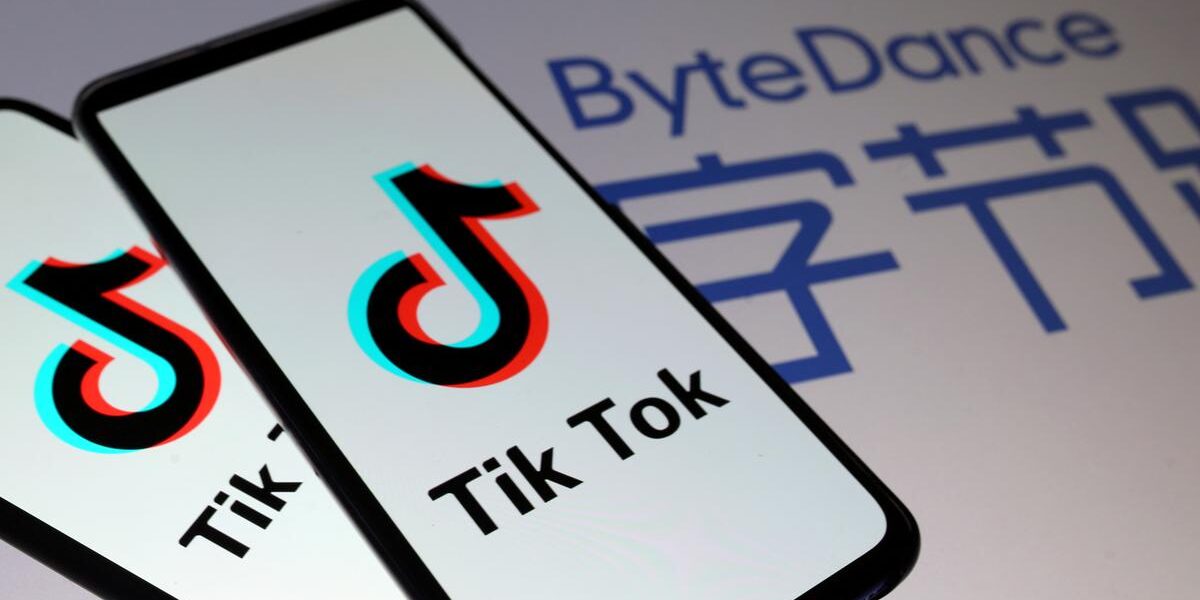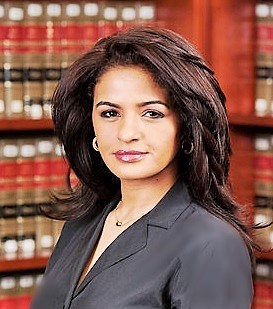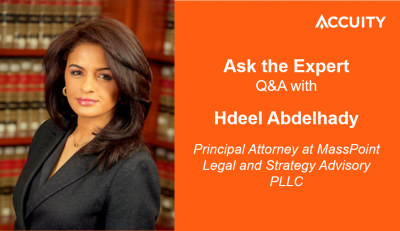Sanctions: OFAC Authorizes Humanitarian Aid to Afghanistan
Sanctions Update ▪ October 4, 2021 ▪ PDF OFAC Authorizes Afghanistan Humanitarian Aid and Activities Otherwise Prohibited by Counter-Terrorism Sanctions, Publishes FAQs On September 24, 2021, the Department of the Treasury’s Office of Foreign Assets Control (OFAC) issued two general licenses…
